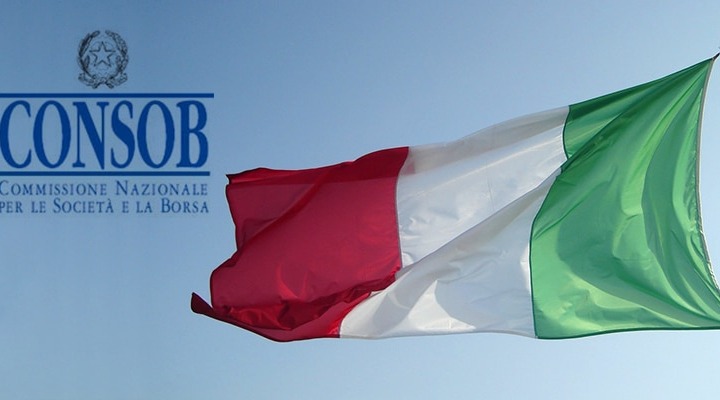Consob, Italy’s financial regulatory authority, has recently announced the blackout of 5 new illegal financial websites. The details provided by the regulator state that the companies behind these websites were offering unauthorized services to Italian citizens.
Consob has ordered to block the websites of GrouPolo LTD, Globalinvestous, Ingenue Consulting LLC, Bodacious Consulting LLC and Tradebaionics. Since July 2019, Consob has blocked a total of 693 websites.
The Italian financial regulatory authority has increased its efforts significantly in the past few months to protect investors from fraudulent activities in the region. Amid rising scams in Italy and other European countries, Consob has requested investors to complete due diligence before making an investment decision.
“The Authority availed itself of the powers deriving from the 'Growth Decree' (Law no. 58 of 28 June 2019, Article no. 36, paragraph 2-terdecies), on the basis of which Consob can order Internet connectivity service providers to inhibit access from Italy to the websites through which financial services are offered without due authorization. The black-out of these websites by Internet service providers operating on Italian territory is ongoing. For technical reasons, it can take several days for the black-out to come into effect,” the regulatory authority noted.
Investor Protection
Consob mentioned that the 'Watch for Scams' section on its website helps investors in the identification of fraudulent projects. In addition, the authority urged citizens to check the credibility of the website and the company behind it in advance before making an investment decision.
“Consob draws investors' attention to the importance of adopting the greatest diligence in order to make informed investment choices, adopting common sense behaviors, essential to safeguard their savings: these include, for websites that offer financial services, checking in advance that the operator with whom they are investing is authorized, and, for offers of financial products, that a prospectus has been published,” the regulator explained.


















